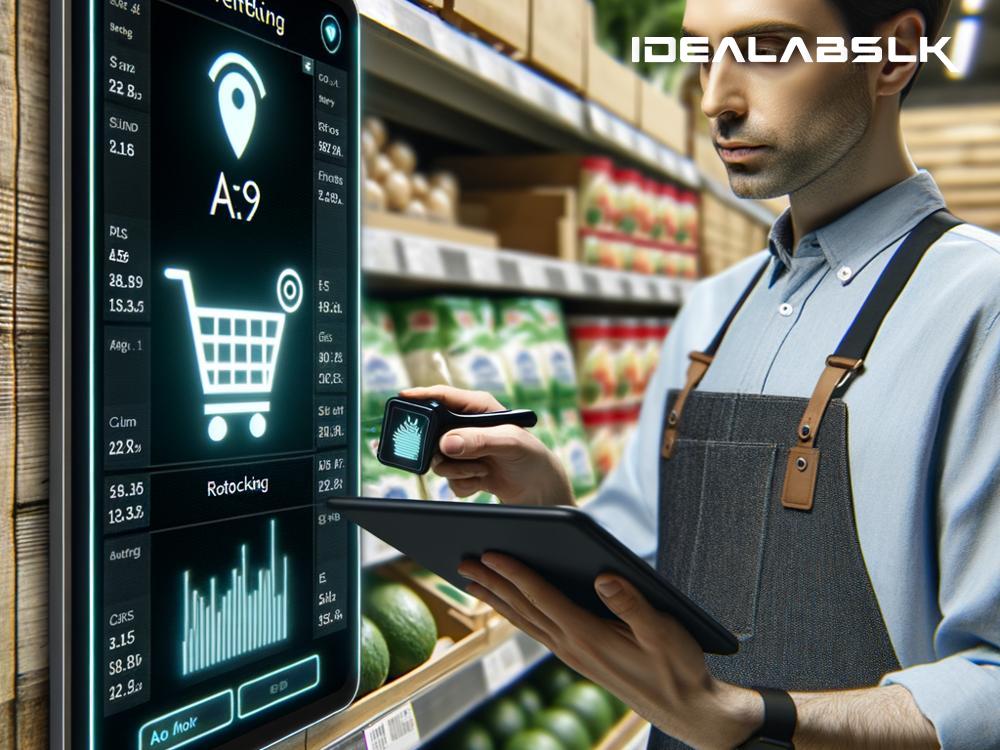AI Revolutionizing Inventory Management for Food and Beverage Companies
In today’s fast-paced world, efficiency and optimization are the buzzwords for any successful business. This is especially true for the food and beverage industry, where managing inventory efficiently can make or break your business. Thanks to advancements in technology, Artificial Intelligence (AI) is transforming the way inventory is managed, making processes smarter, predictions more accurate, and businesses more profitable. Let’s explore how AI is making a significant impact on inventory management for food and beverage companies.
Understanding the Impact of AI
AI, in simple terms, involves machines or computer systems performing tasks that typically require human intelligence. These can range from understanding natural language to recognizing patterns in data. In the context of inventory management, AI can analyze vast amounts of data to forecast demand, optimize stock levels, and even identify and address inefficiencies in your supply chain.
Forecasting Demand with Precision
One of the biggest challenges in the food and beverage industry is predicting exactly how much of each product will be needed to meet customer demand without overstocking or running out of stock. This is where AI shines. By analyzing historical sales data, weather reports, current market trends, and social media buzz, AI algorithms can forecast demand with remarkable accuracy. This means you can make better-informed decisions about how much stock to keep on hand, reducing waste and ensuring customers always find what they’re looking for.
Optimizing Stock Levels
AI goes a step further by not only predicting demand but also continuously learning and adjusting its predictions based on real-time data. This allows for dynamic inventory management, where stock levels are optimized automatically. For example, if an unexpected weather event increases the demand for a particular beverage, AI systems can immediately adjust the inventory levels to ensure adequate supply, minimizing the risk of stockouts or overstocks.
Reducing Waste and Loss
Food and beverage companies often deal with perishable items, making inventory management a delicate balancing act. AI can help mitigate this by tracking the shelf life of products and prioritizing the sale of items that are nearing their expiration date. Moreover, AI can identify patterns in wastage and suggest corrective actions, such as adjusting ordering quantities or revising the product mix to better match consumer preferences.
Streamlining the Supply Chain
AI doesn’t stop at managing inventory; it extends its benefits to the entire supply chain. By predicting demand accurately, it allows for more efficient ordering from suppliers, ensuring that raw materials are delivered just in time to be processed and sold. This not only reduces storage costs but also enhances the freshness of the final product. Furthermore, AI can monitor the supply chain for potential disruptions, such as delays from suppliers or logistic issues, and suggest alternative solutions to keep everything running smoothly.
Personalizing Customer Experiences
Beyond operations, AI can leverage inventory data to enhance the customer experience. By understanding purchasing patterns and preferences, AI can provide personalized recommendations to customers, both in-store and online. This not only improves customer satisfaction but can also increase sales by suggesting products that customers are likely to be interested in.
Embracing the AI Revolution
Adopting AI in inventory management might seem daunting, but the benefits it brings are undeniable. For food and beverage companies looking to stay competitive, it’s not a matter of if they should embrace AI, but how quickly they can do it. The good news is, there are numerous AI tools and platforms available today, catering to businesses of all sizes.
Conclusion
AI is not just a futuristic concept; it’s a practical tool that is revolutionizing inventory management in the food and beverage industry. By offering unparalleled insights into demand forecasting, stock optimization, waste reduction, and supply chain management, AI empowers companies to operate more efficiently and profitably while enhancing customer satisfaction. As AI technology continues to evolve, its influence on inventory management and the broader business landscape is set to grow even further. For food and beverage companies, the future is not just about keeping up with technology; it’s about leveraging it to its fullest potential.

